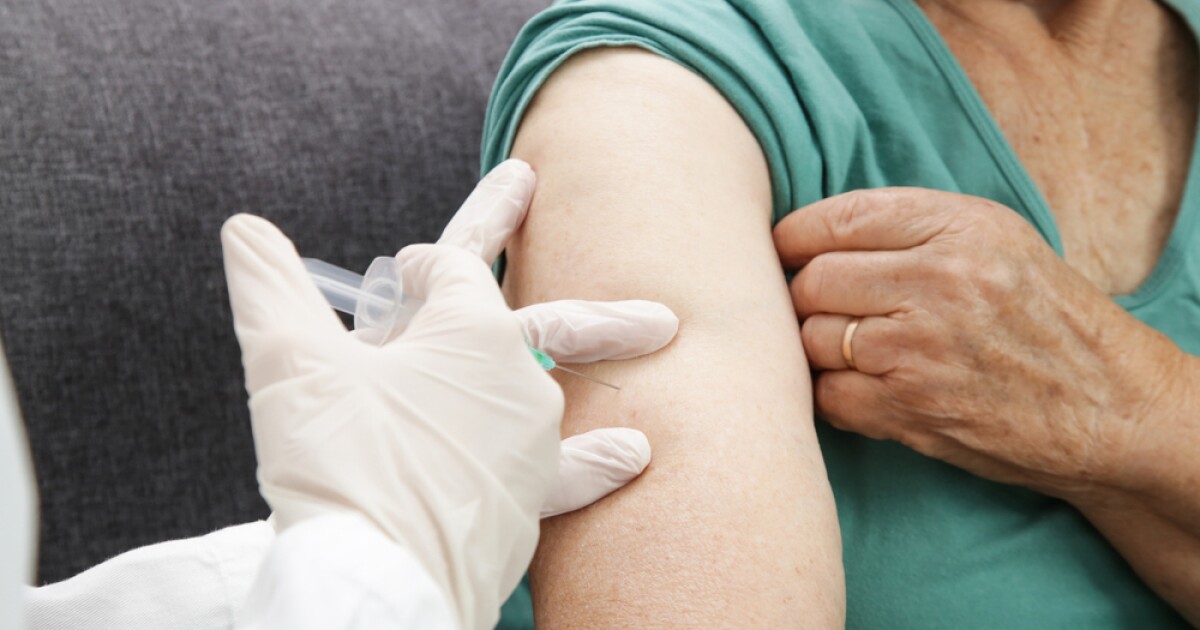As COVID-19 continues to impact communities across the United States, health leaders in Dallas County are raising concerns about the ramifications of recent federal policy changes on vaccine distribution and public health strategies. The evolving landscape around vaccine eligibility and accessibility creates a sense of uncertainty that affects both local authorities and residents.
### Understanding the Current Situation
Recently, the Food and Drug Administration (FDA) made significant policy revisions regarding the COVID-19 vaccine. Among these changes are recommended limits on who qualifies for the updated vaccine. Specifically, individuals must now demonstrate they are at heightened risk for severe complications—either by being over 65 years old or possessing underlying health conditions—to become eligible for the updated vaccination. Furthermore, the FDA has revoked emergency use authorizations granted to vaccine manufacturers in 2020, although these vaccines still hold full FDA authorization.
Dallas County Health and Human Services Director Dr. Philip Huang has voiced concerns during recent county commissioner meetings. He emphasized the confusion surrounding these new FDA guidelines and the fact that uncertainty looms over how these changes will affect local vaccine availability. “There’s a lot of confusion regarding what some of the latest activities with the FDA and the Centers for Disease Control and Prevention (CDC) are,” Dr. Huang remarked, highlighting the complexities involved in navigating federal requirements.
### Challenges Ahead
The uncertainty surrounding COVID-19 vaccines is not limited to eligibility criteria. Dr. Huang has pointed out that the modifications in federal policies could also influence how the county receives vaccines and whether insurance plans will be mandated to cover the costs associated with these vaccines. As the CDC prepares to issue additional recommendations, many await clarity on who will be prioritized for vaccination, particularly vulnerable segments of the population such as children and pregnant individuals. This ambiguity makes planning and operational implementation challenging for local health officials.
### Program Implementation
Despite these challenges, Dallas County officials remain proactive in their vaccination planning. Dr. Huang confirmed that the county has placed orders for vaccine shipments from the state, anticipating receipt within weeks. Additionally, he mentioned the initiation of targeted events at senior centers to cater to at-risk demographics, aiming to leverage new communication strategies to effectively reach vulnerable populations.
The county plans to establish a series of vaccination clinics and make vaccines accessible at Dallas County Health and Human Services (DCHHS) locations once inventory is available. “We’re still planning on doing dissemination,” Dr. Huang stated, reiterating the commitment of local health officials to ensure that vaccines remain accessible to those who need them most.
### Community Education and Awareness
In light of the evolving federal vaccine landscape, public education becomes essential. The confusion surrounding vaccine eligibility and the roles of various health organizations necessitates clear communication tailored to community needs. DCHHS is gearing up to utilize new communication platforms to inform citizens about vaccination opportunities, eligibility requirements, and other pertinent health guidelines.
In addition, community outreach efforts are expected to focus on educating individuals about the importance of vaccination, especially among high-risk groups. An informed community is vital in combating misinformation and ensuring vaccination uptake.
### A Call for Clarity
As health officials in Dallas County navigate this intricate terrain, the call for clarity from federal agencies becomes increasingly important. Clear, actionable guidelines from the FDA and CDC will enable local health departments to plan more effectively and respond dynamically to public health needs. Simplifying the eligibility criteria and addressing insurance coverage will be crucial factors in shaping the success of vaccination efforts.
### The Bigger Picture
This situation in Dallas County reflects broader trends emerging across the nation. Many local health officials are similarly grappling with confusion and evolving guidelines regarding COVID-19 vaccines, leading them to question how best to distribute vaccines in a consistently changing environment. Vaccine distribution continues to be a pressing public health issue, and the complexities involved highlight the need for transparent communication between federal and local agencies.
Furthermore, the rollback of emergency use authorizations and the establishment of full FDA authorization for vaccines may influence public perception and trust in vaccination programs. Bridging the information gap and rebuilding community trust will be fundamental in the ongoing battle against COVID-19.
### Moving Forward
In conclusion, the evolving federal policies surrounding the COVID-19 vaccine pose challenges and uncertainties for health leaders in Dallas County. While the immediate focus remains on planning and executing vaccination strategies, it is equally important for officials and health organizations to foster community awareness and understanding. This involves not only disseminating information about vaccine availability but also addressing concerns about eligibility and the implications of federal guidelines.
As the situation develops, health officials hope for increased clarity from federal agencies. With thoughtful planning, community education, and ongoing collaboration, Dallas County can navigate these turbulent waters and continue to prioritize public health amidst challenges.
By remaining proactive and engaging with the community, Dallas County aims to ensure that residents receive the support and information they need to make informed decisions about their health amid these uncertain times. The road ahead may be challenging, but with focused efforts, the county can contribute to a healthier community and mitigate the impacts of COVID-19.
Source link









